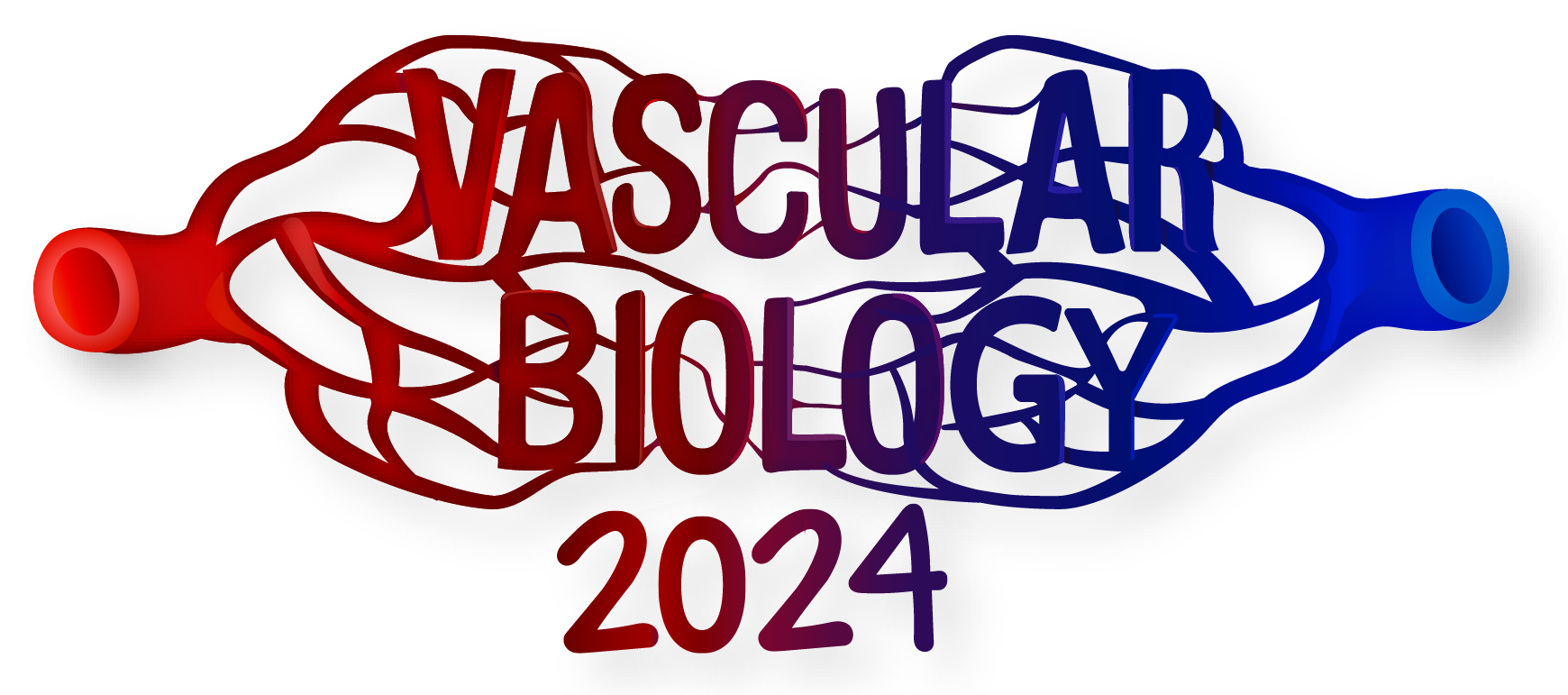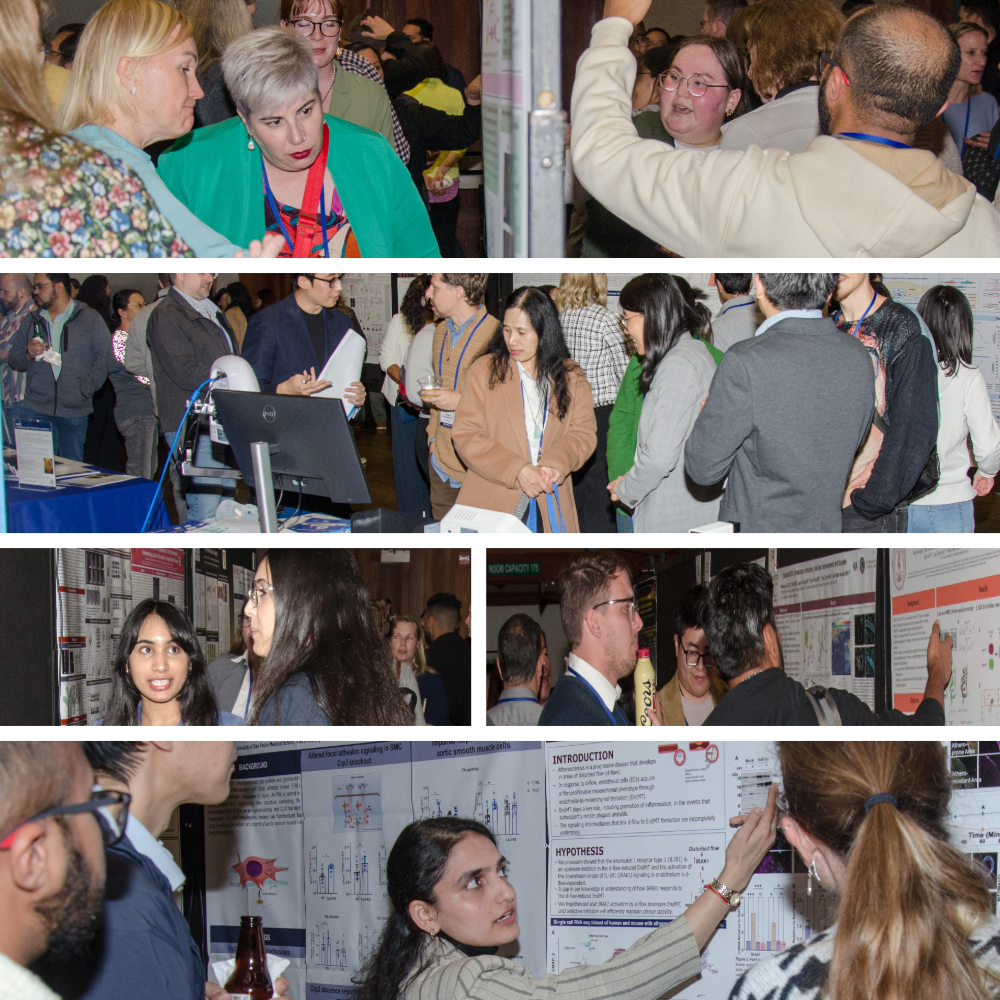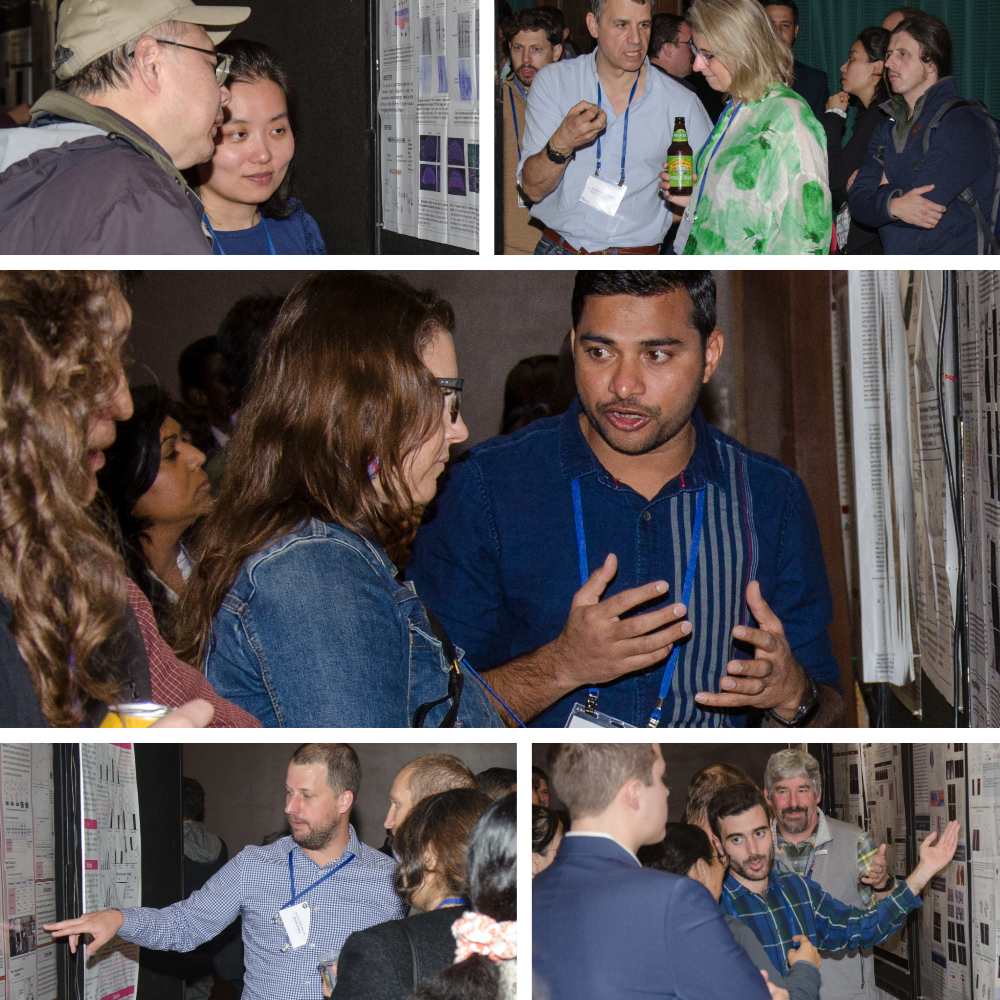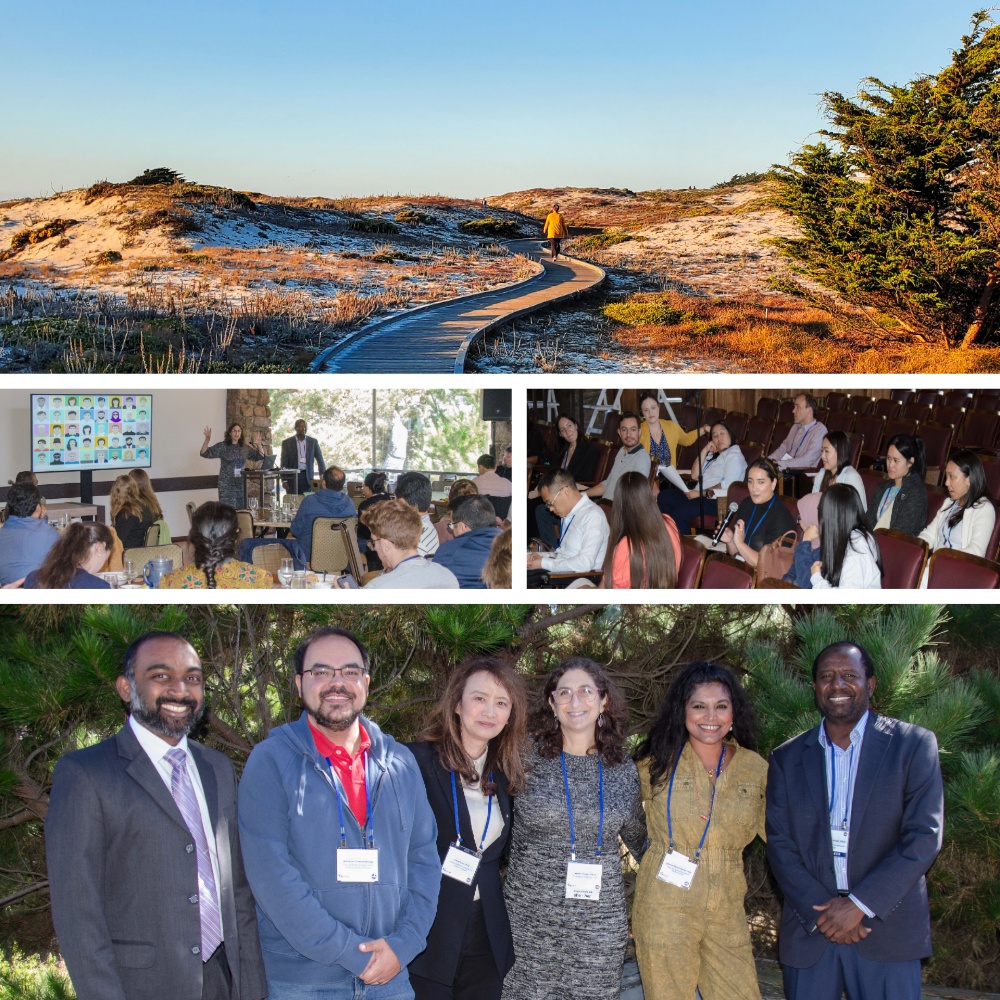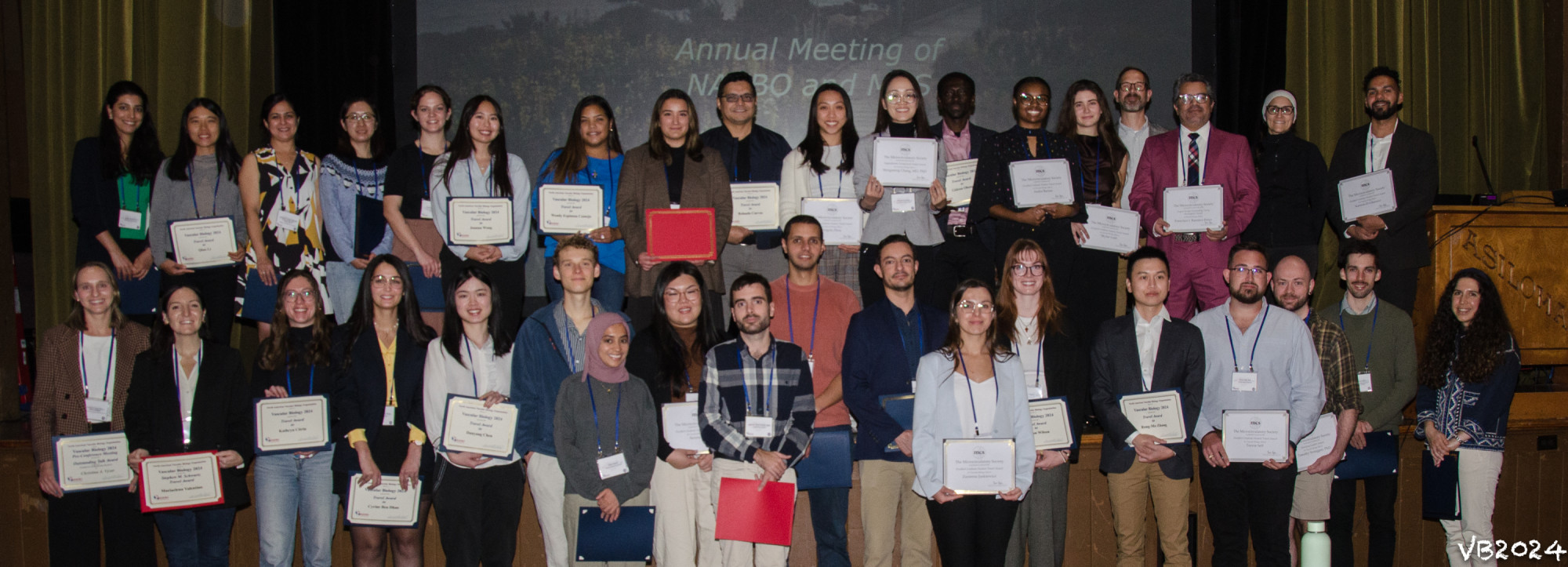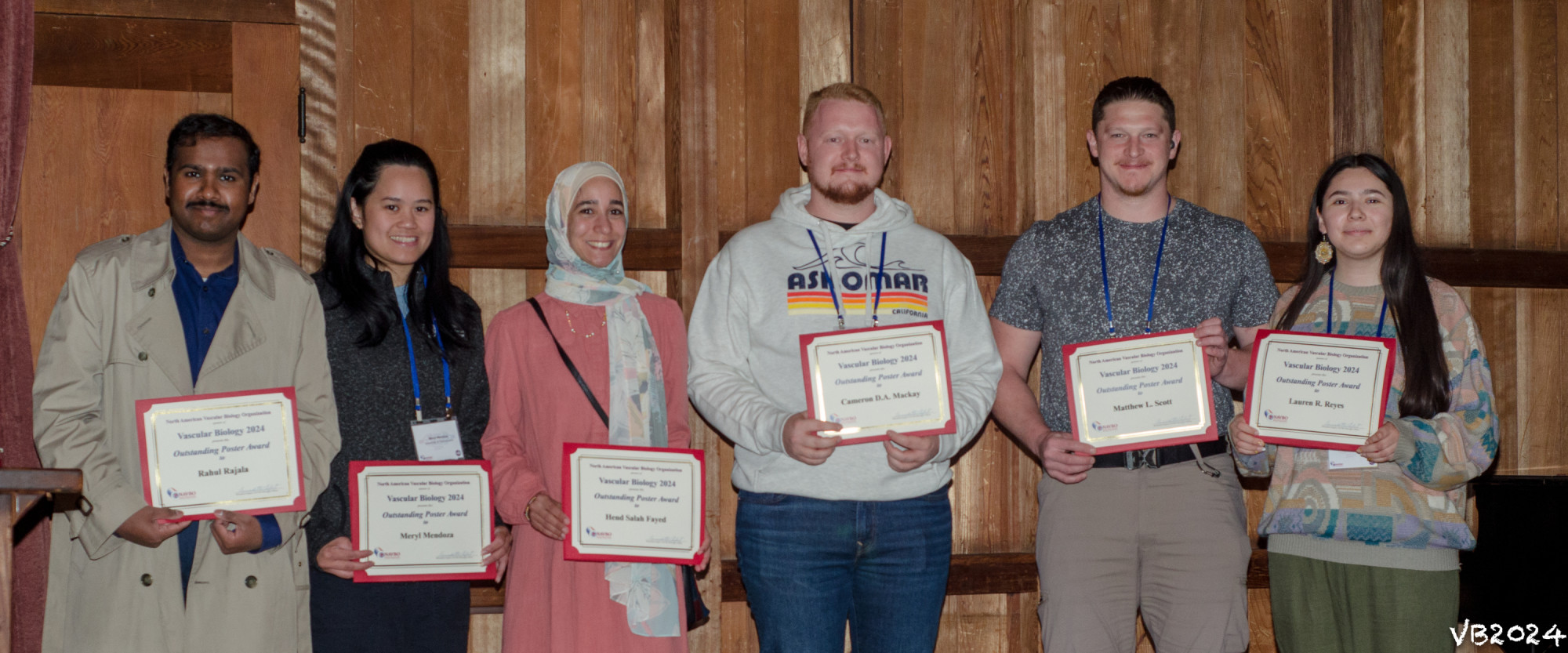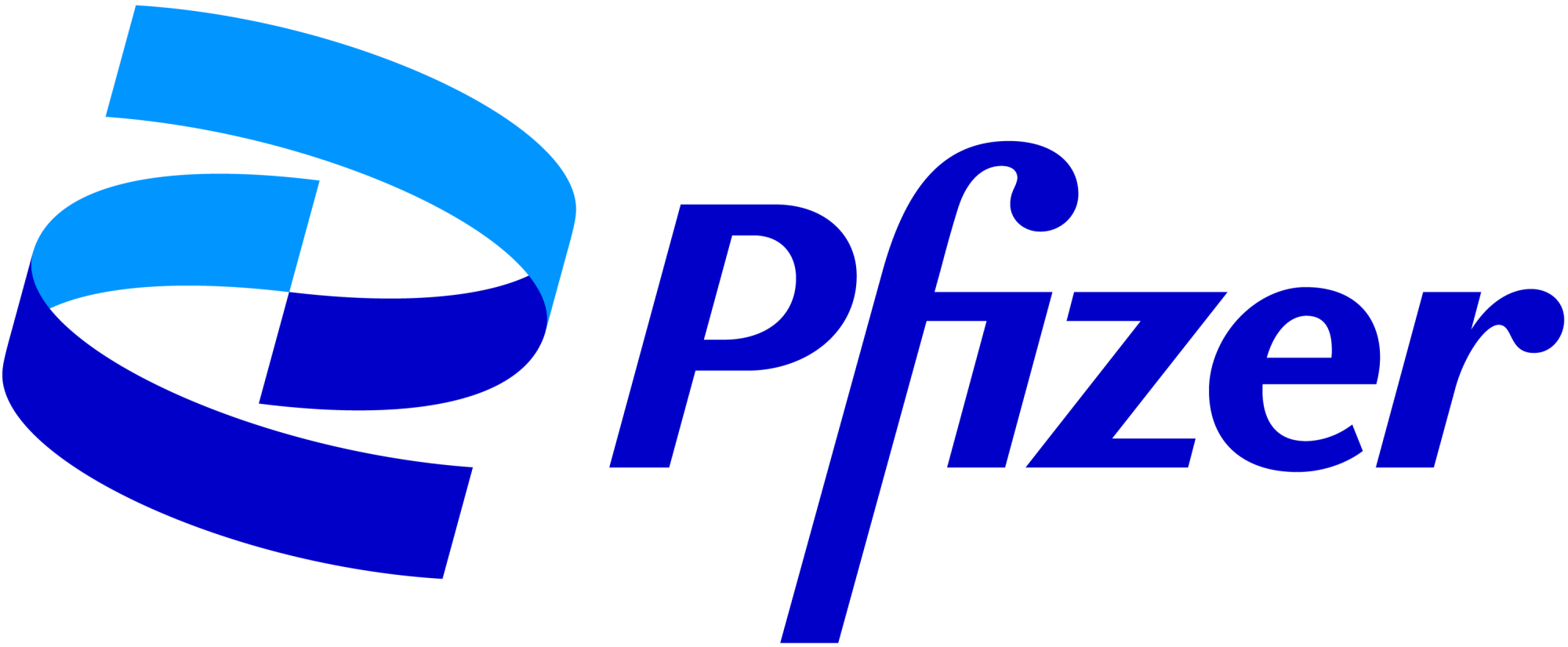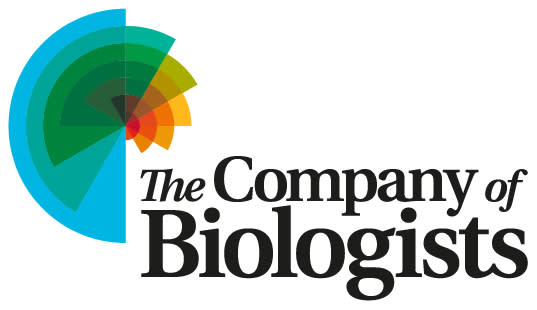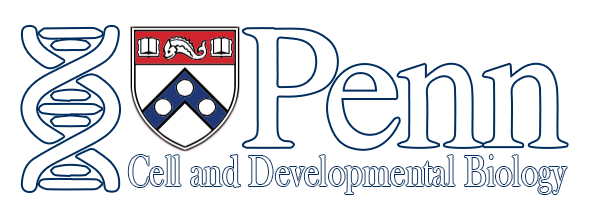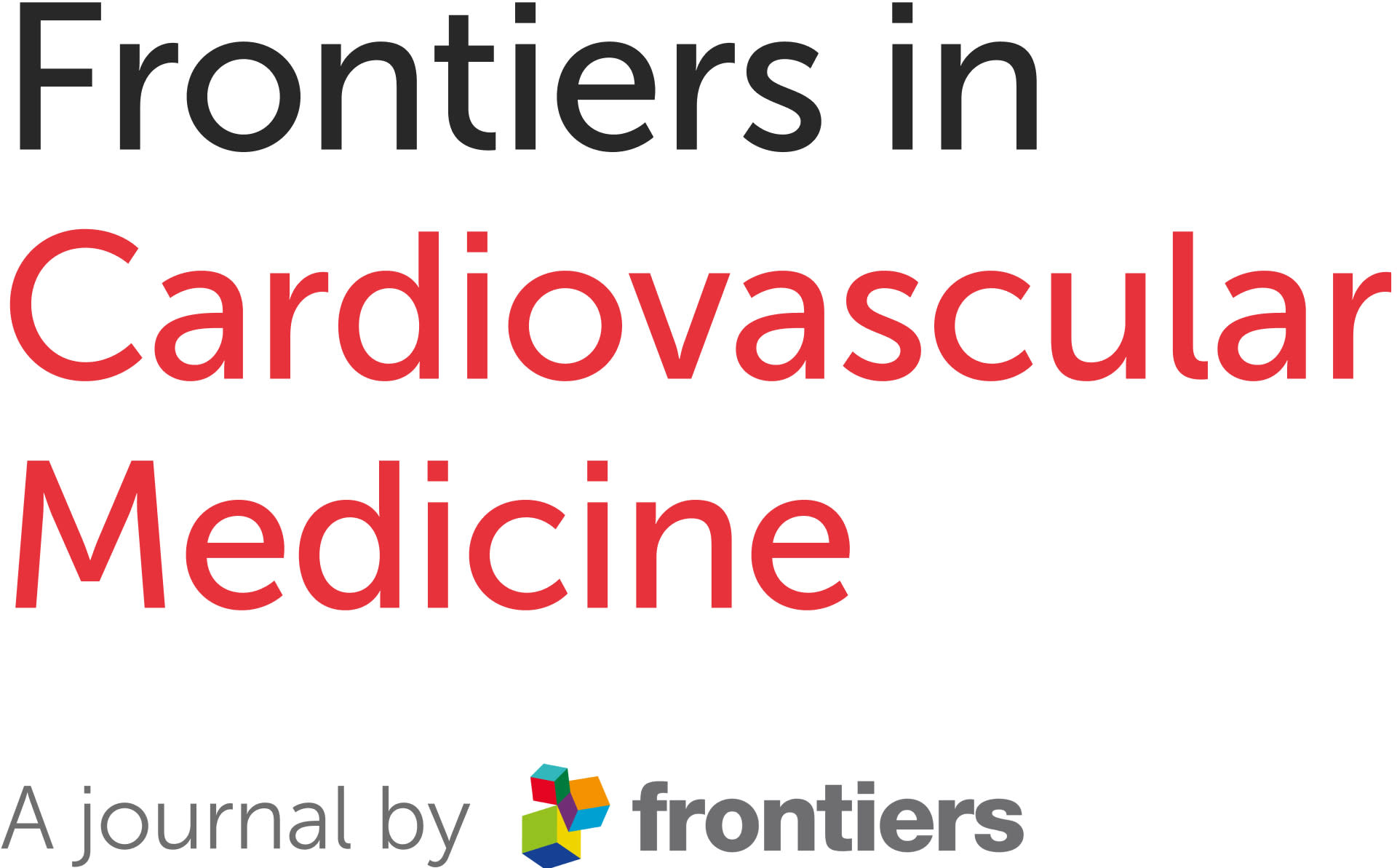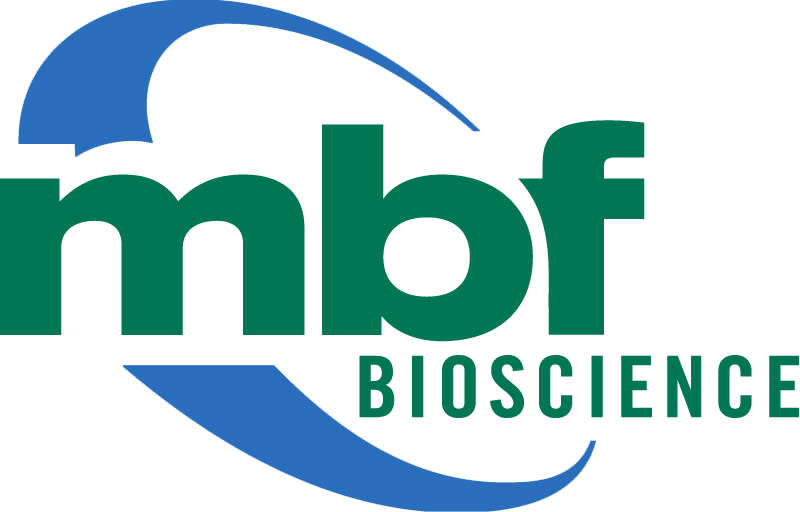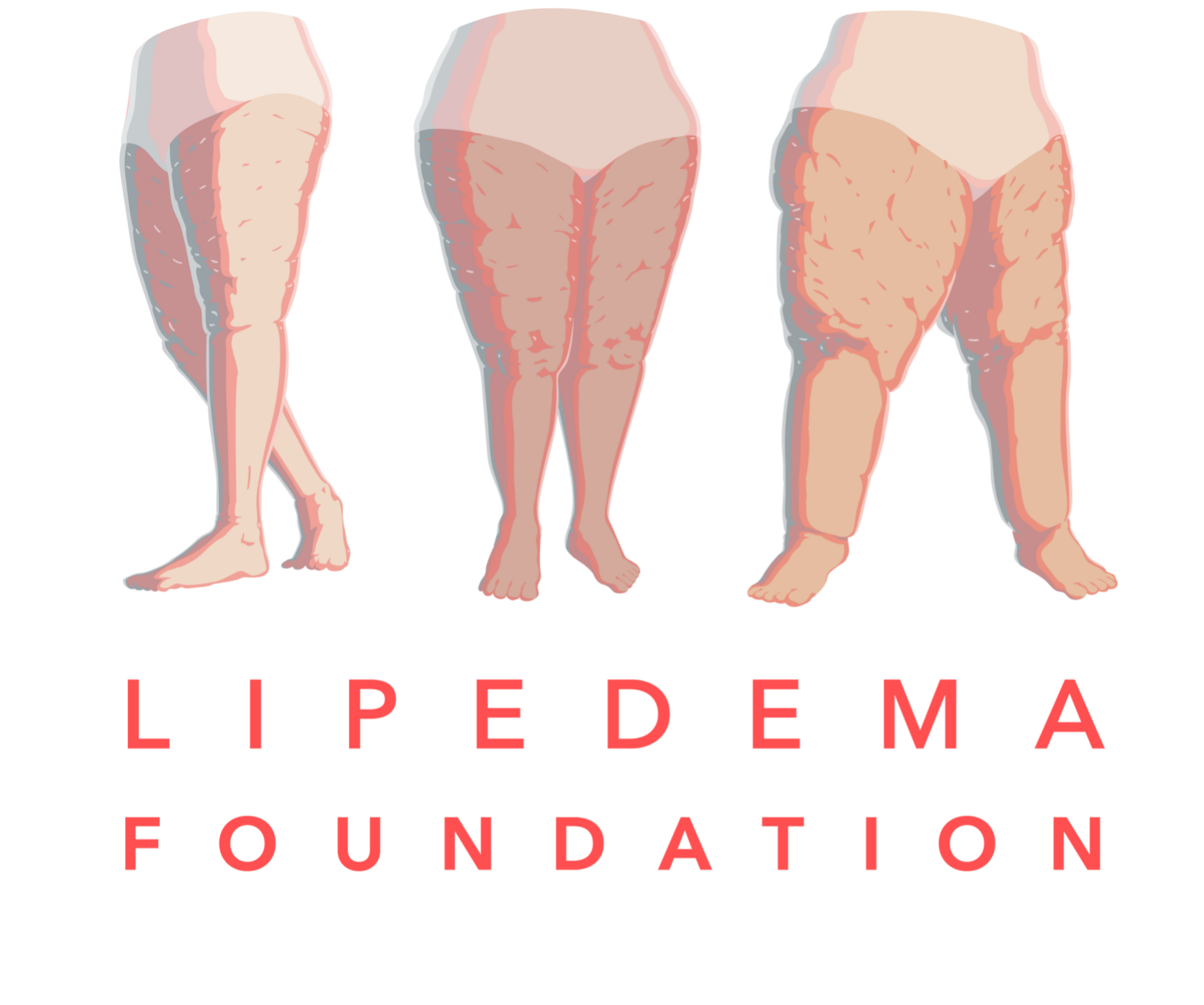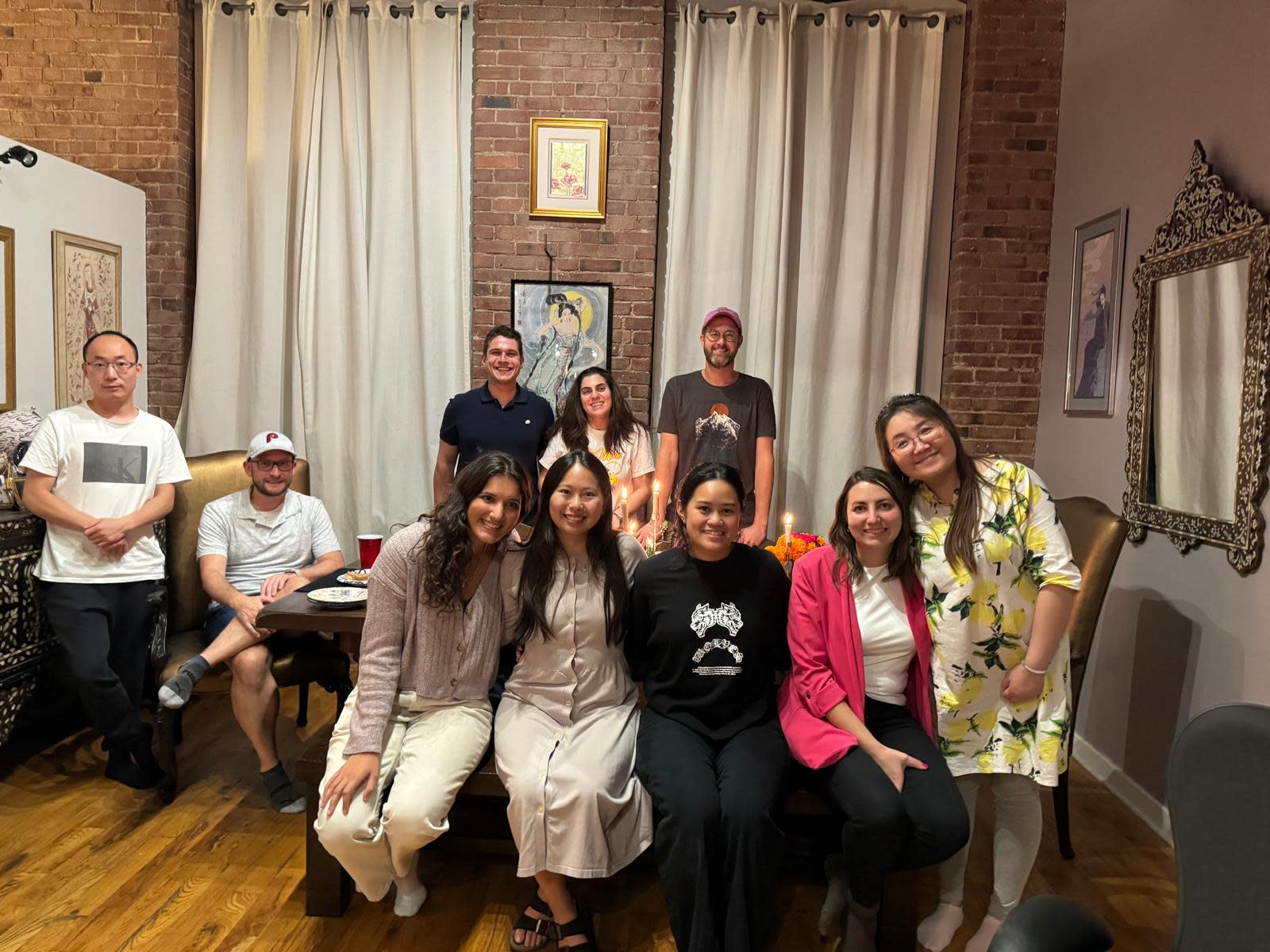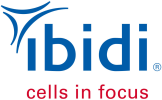|
|
|
|
November 2024 |
|
Please Support NAVBO |
|
|
Giving Tuesday is December 3 and your tax deductible contribution to NAVBO would be very much appreciated.
Your contribution will be used to support the many educational activities sponsored by NAVBO including our high school video series, online events, scholarships to Vasculata, and scholarships for student membership through our AYVDI Program.
To donate, please click here. To choose a level for your contribution, select the appropriate gift.
NAVBO is a 501(c)3 charitable organization as designated by the IRS. |
|
Vascular Biology 2024 - A Pictorial Review |
|
|
Pictured above: Mark Ginsberg (Stephen Schwartz Award Recipient), Asrar Malik (Earl Benditt Award), Manu Platt (Florence Sabin Award), Mingxia Gu (Springer Junior Investigator Award), and Ben Hogan (Judah Folkman Award). |
|
|
|
Poster sessions are always popular and well attended! |
|
|
NAVBO held several round tables and panel discussions on career development and DEI. Pictured above are members of our DEI Committee: Sarvesh Chelvanambi, Abhijnan Chattopadhyay, Hong Chen, Naomi Chesler, Bhama Ramkhelawon, and Mahdi Garelnabi. |
|
|
Congratulations to all of the trainee award recipients. Above are Travel Award recipients (both NAVBO and MCS) and below are the NAVBO Outstanding Poster Award recipients. Lists of trainee award recipients is on the Vascular Biology 2024 web page. |
|
|
Special Thanks to Vascular Biology 2024 Supporters |
|
Special Thanks to the Vascular Biology 2024 Exhibitors |
|
Call for Volunteers |
|
Online Program Committee The NAVBO Online Program Committee (OPC) is seeking four new members to join us. The OPC is responsible for organizing and presenting InFocus Sessions (once a month) and Symposia (once a month). The committee is comprised of two teams (one for InFocus Sessions and one for the symposia). Team members take turns being the lead organizer on a project with assistance from their team's other members. Those organizing the sessions can expect to spend an average of 7 hours a month; members assisting the organizer, about 3 hours.
The Online Program Committee seeks postdocs, and graduate students in at least their third year. If you are interested, complete this form by December 2, 2024.
Institutional Representatives If you are interested in helping promote NAVBO membership and our various meetings and activities at your institution, contact Bernadette (bernadette@navbo.org). Brochures, flyers, postcards, etc. are mailed to representatives, who are asked to distribute these within their institution or organization.
|
|
Lab of the Month |
|
|
Month - November 2024 The Lab of Dr. Andrew Vaughan This month we are highlighting the lab of Dr. Andrew Vaughan, Associate Professor at the University of Pennsylvania. Find out more about her lab by visiting his page in our Lab of the Month listing. |
|
Mechanotransduction Workshop |
|
|
Over the past 40 years, recognition has steadily grown of the centrality of mechanotransduction to vascular development, physiology and vascular diseases. This symposium aims to offer both a broad historical perspective and up to date findings on the role of mechanotransduction in vascular biology and medicine.
The full program is available on our web site at http://navbo.org/mechano
|
|
Lymphatic Forum |
|
|
Registration is open and the early bird discount ends April 14! |
|
Member News |
|
Welcome to our New Members: Anuska Andjelkovic, University of Michigan Teena Bhakuni, Northwestern University Feinberg School of Medicine Jason Boehme, UCSF Patricia Brazee, MGH Zhen Chen, City of Hope Bevelyn Egleh, Northeast Ohio Medical University Philippe Marambaud, Feinstein Institutes Maria Trojanowska, Boston University School of Medicine |
|
Recent Member Publications |
|
Endothelial Piezo1 channel mediates mechano-feedback control of brain blood flow Nature Communications Hyperemia in response to neural activity is essential for brain health. A hyperemic response delivers O2 and nutrients, clears metabolic waste, and concomitantly exposes cerebrovascular endothelial cells to hemodynamic forces. While neurovascular research has primarily centered on the front end of hyperemia—neuronal activity-to-vascular response—the mechanical consequences of hyperemia have gone largely unexplored. Read More
Nano-based perivascular intervention sustains a nine-month long-term suppression of intimal hyperplasia in vein grafts Bioactive Materials Open vascular reconstructions (OVR), including bypass grafts and dialysis access, are standard treatments for cardiovascular and renal diseases. Unfortunately, OVR often fail largely due to intimal hyperplasia (IH), and there are no clinical methods to prevent this complication. Read More
Calcium Channels, Clustering, and Single‐Amino Acid Control of Blood Pressure and Blood Flow Journal of the American Heart Association This editorial attempts to place new findings by the study of Flores‐Tamez et al. in the current issue of the Journal of the American Heart Association (JAHA)1 into physiological perspective in this vascular field with a long tradition. The regulation of vascular tone in small arteries and arterioles (“resistance vessels”) relies on Ca2+ entry via the plasma membrane through voltage‐gated Ca2+ channels (predominant role of large and long‐lasting [L‐type], minor role of T‐type), which respond to graded depolarizing or hyperpolarizing changes in the vascular smooth muscle cell (VSMC) membrane potential. Read More
Transcriptional pausing as a molecular mechanism of sprouting angiogenesis Nature Cardiovascular Research
Compressive stresses in cancer: characterization and implications for tumour progression and treatment Nature Reviews Cancer Beyond their many well-established biological aberrations, solid tumours create an abnormal physical microenvironment that fuels cancer progression and confers treatment resistance. Mechanical forces impact tumours across a range of biological sizes and timescales, from rapid events at the molecular level involved in their sensing and transmission, to slower and larger-scale events, including clonal selection, epigenetic changes, cell invasion, metastasis and immune response. Read More
Molecular and Functional Alterations in the Cerebral Microvasculature in an Optimized Mouse Model of Sepsis-Associated Cognitive Dysfunctiont eNeuro Systemic inflammation has been implicated in the development and progression of neurodegenerative conditions such as cognitive impairment and dementia. Recent clinical studies indicate an association between sepsis, endothelial dysfunction, and cognitive decline. However, the investigations of the role and therapeutic potential of the cerebral microvasculature in sepsis-induced cognitive dysfunction have been limited by the lack of standardized experimental models for evaluating the alterations in the cerebral microvasculature and cognition induced by the systemic inflammatory response. Read More
If you recently published a paper and would like to have it included in a future issue of the NAVBO NewsBEAT and/or on our web site. Please send the citation to membership@navbo.org |
|
Call for Papers |
|
|
Immunity, Atherosclerosis and Cardiovascular Disease: An Interdisciplinary Approach to Cardiometabolic Health Editors: Masanori Aikawa, Jürgen Bernhagen, Gabrielle Fredman, Carlos Labarrere, and Holger Winkels NAVBO is sponsoring this Research Topic through our partnership with Frontiers In Cardiovascular Medicine.
Led by an interdisciplinary team of topic experts, this Research Topic will delve into the role of inflammation as a key mechanism in atherosclerotic vascular diseases. A specific focus is placed on how various inflammatory mediators contribute to atherosclerotic lesion formation, propagation, and plaque instability. Specific areas of interest are listed on the web page. https://www.frontiersin.org/research-topics/65457/immunity-atherosclerosis-and-cardiovascular-disease-an-interdisciplinary-approach-to-cardiometabolic-health
The deadline for manuscripts is January 31, 2025. |
|
NAVBO Corporate Partners |
|
NAVBO Corporate Members |
|
Calendar of Events |
|
|
Job Postings |
|
|
|
|
North American Vascular Biology Organization |



